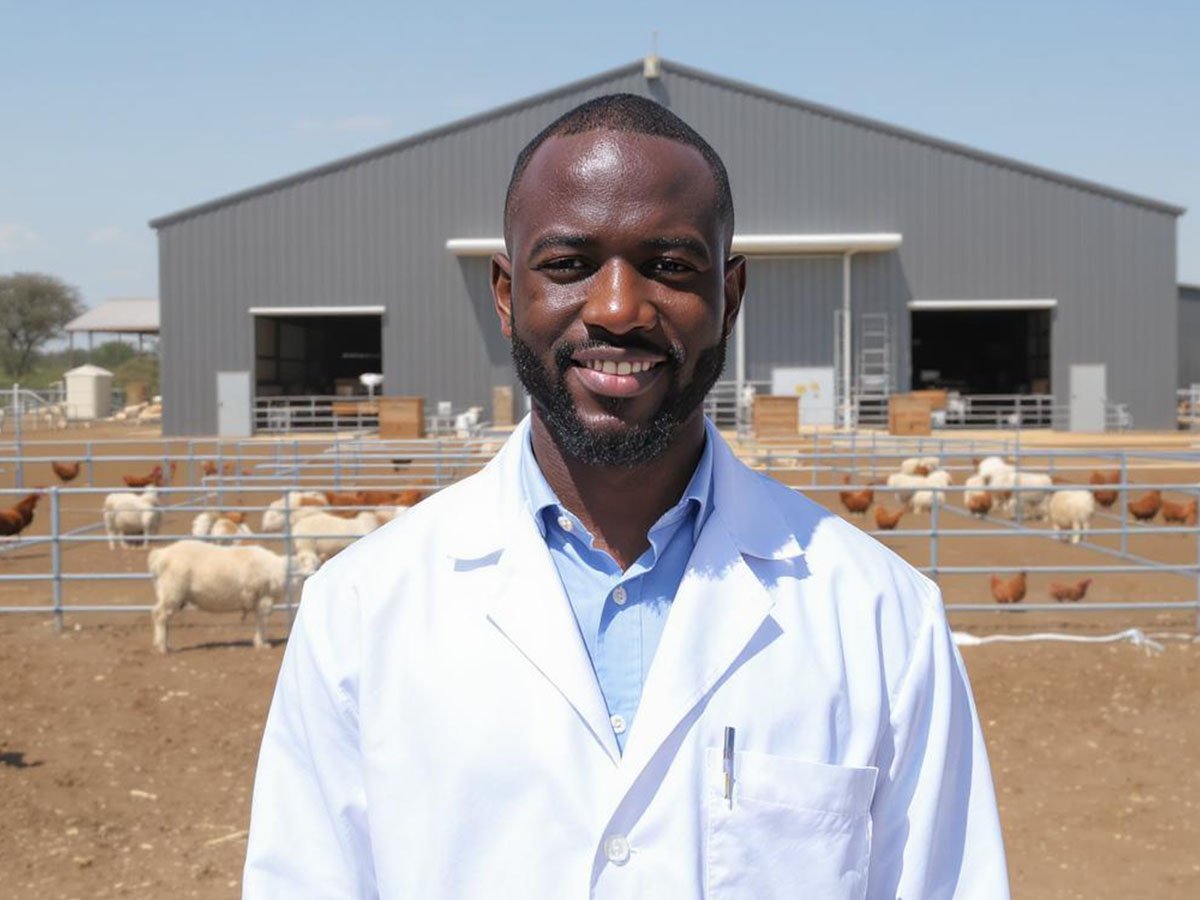Why Ethical Animal Farming Is the Future of Food
Introduction: A Food System at a Crossroads
The global food industry is undergoing a profound transformation. As consumers become more informed and conscientious, questions about where food comes from, how it’s produced, and its long-term impact on health, the environment, and society have moved from the fringe to the mainstream.
At the heart of this shift is one crucial concept: ethical animal farming. Gone are the days when industrial-scale meat production went unchallenged. Today, a growing number of consumers are demanding transparency, sustainability, and responsibility in their food choices. And ethical animal farming offers exactly that, a future-forward alternative that nourishes not just bodies, but ecosystems, communities, and consciences.
What Is Ethical Animal Farming?
Ethical animal farming refers to livestock raising practices that prioritize animal welfare, environmental sustainability, and human health. At farms like Soba Renaissance, this means livestock are:
-
Raised in humane, low-stress environments
-
Fed clean, appropriate diets. Often pasture-based or naturally sourced
-
Treated without routine antibiotics or growth hormones
-
Allowed to exhibit natural behaviors (like rooting, grazing, roaming)
-
Slaughtered in ways that minimize suffering
-
Raised and processed within self-reliant systems that honor transparency and traceability
Ethical animal farming isn’t just a kinder approach—it’s a smarter, more sustainable one.
Why the Current Industrial Model Is Broken
To understand the need for change, we must first recognize the problems with conventional factory farming:
-
Animal cruelty: Confined spaces, unnatural diets, and inhumane conditions define most industrial operations.
-
Environmental damage: High emissions, overuse of antibiotics, water pollution, and land degradation are rampant.
-
Public health risks: Overuse of antibiotics in animals contributes to antibiotic-resistant bacteria in humans.
-
Low nutritional quality: Meat from factory farms often has lower nutrient density and contains harmful residues.
Ethical animal farming presents a compelling alternative—one that addresses each of these problems at the root.
1. Animal Welfare as a Core Value
Consumers are increasingly unwilling to accept cruelty as the price of convenience. Ethical farms treat animals with dignity from birth to processing. At Soba Renaissance, our animals are free-range, naturally fed, and nurtured in clean, open environments. We believe animals raised with care produce healthier, tastier meat, and science agrees.
The concept of “a life worth living” is gaining traction in agricultural ethics. Animals raised in harmony with their biology show fewer signs of stress, illness, and aggression. Ethical animal farming places compassion at the core and that changes everything.
2. Healthier Meat, Backed by Science
Ethically raised animals often yield meat that is leaner, more flavorful, and richer in nutrients. For example:
-
Grass-fed beef contains higher levels of omega-3 fatty acids
-
Free-range chicken has fewer inflammatory compounds
Moreover, by eliminating growth hormones and routine antibiotics, ethical farms reduce the risk of exposing consumers to drug-resistant bacteria and hormone residues.
At Soba Renaissance, our commitment to science-backed animal nutrition and wellness ensures that the final product supports human health from the inside out.
3. Environmental Sustainability You Can Taste
Conventional meat production is one of the largest contributors to greenhouse gas emissions, water pollution, and deforestation. Ethical animal farming takes a radically different path.
Self-reliant systems—like the one we’ve built at Soba Renaissance—are circular, regenerative, and resilient. Here’s how:
-
On-site feed production minimizes transportation emissions
-
Manure is repurposed as organic fertilizer to enrich soil
-
Rotational grazing restores soil biodiversity
-
Water systems are managed sustainably and reused where possible
This isn’t just about damage control—it’s about building a food system that heals.
4. Transparency and Trust
In an era of greenwashing and marketing gimmicks, true transparency is a superpower. Ethical animal farming allows consumers to trace their food from farm to table with confidence.
At Soba Renaissance, our self-reliant model means we oversee every step—from raising the animals to butchering and delivery. This guarantees total integrity, not only in how the animals are treated, but also in how the final products are processed, packaged, and delivered to your doorstep.
5. Supporting Local Economies and Food Security
Ethical animal farming isn’t just better for animals and the environment—it’s also better for people. Small-scale, values-driven farms contribute to:
-
Job creation in rural communities
-
Stronger local economies through direct-to-consumer models
-
Greater food security through regional supply chains
By buying ethically, consumers are investing in community resilience and food sovereignty, not just dinner.
Conclusion: The Future Is Ethical, Sustainable, and Self-Reliant
The writing is on the wall: the future of food must be ethical, sustainable, and transparent. Ethical animal farming stands as a bold response to the crises of climate change, public health, and food system collapse.
At Soba Renaissance, we’re proud to lead the way, raising animals with care, grounded in science, and guided by tradition. Our self-reliant farm and butchery enterprise is proof that another way is not only possible, it’s already here.
Join the movement. Choose ethical. Eat with intention.
Find out more about Soba Renaissance


